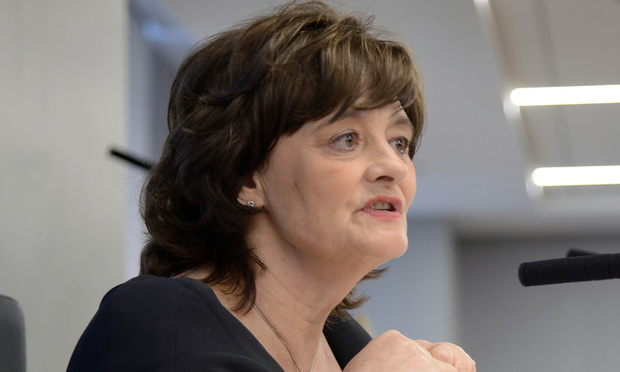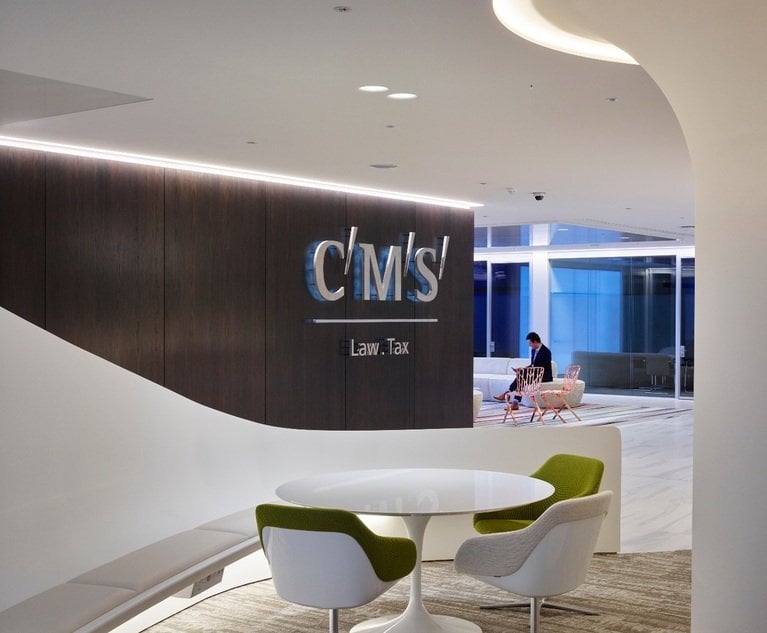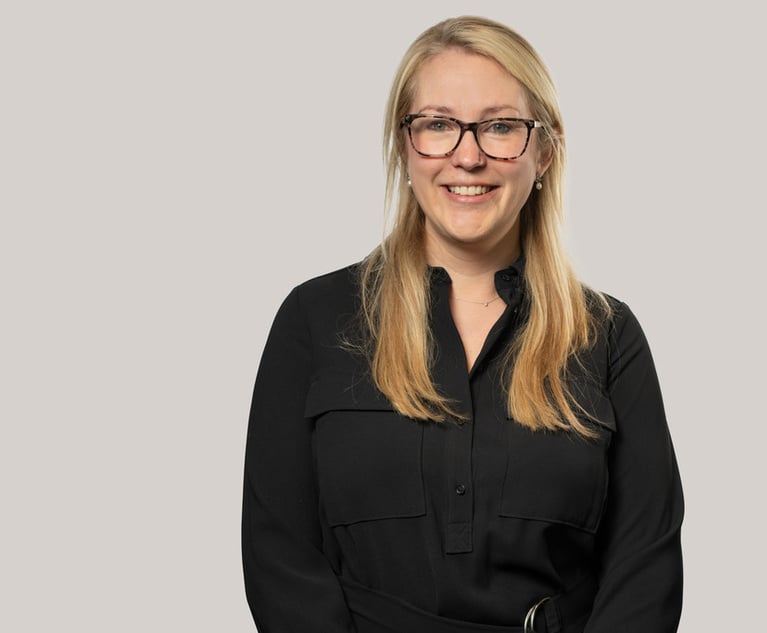In the year since 2017’s International Women’s Day (IWD), women have experienced both triumphs and tragedies, especially in light of the groundbreaking #MeToo movement.
To mark this year’s IWD, careers site The Lawyer Portal sat down with Cherie Booth QC to discuss diversity in the legal profession. And while gender was a huge talking point, it was overshadowed by her twist on the typical narrative, with Booth arguing that simply “replacing posh boys with posh girls” would not necessarily solve the problem of diversity in law.
The issue of social mobility is becoming increasingly pertinent for all employers, but despite law firms’ much-touted efforts, the sector remains less inclusive than many within it would like to admit. Media characterisations of a career in law also do not help; all too often focusing on huge salaries, tailored suits and extravagant client entertaining.
Statistics do not contradict this image. The Solicitors Regulation Authority released figures last year revealing that 22% of all lawyers in the 9,000 firms they surveyed attended a fee-paying school – a massive overrepresentation considering the statistic for the general population is just 7%. To make matters worse, for corporate firms the percentage of state-educated solicitors was just over half at 56%. Only 5% of lawyers did not attend university.
Meanwhile, at the Bar, a diversity report published by the Bar Standards Board in January stated that 33% of respondents attended a fee-paying school. This meant that even if all of those who did not respond went to state-schools, the percentage of privately educated barristers would still be 12.3%.
This is a subject close to Booth’s heart. “I was brought up in a single-parent working-class house in Liverpool, so I can assure you I hadn’t met a lawyer in my life before I went to the LSE,” she notes.
There are other children and students who might see the TV portrayals and these discouraging statistics, and think, as Booth herself thought: “How could a girl like me possibly go to the Bar?”
If the legal profession doesn’t represent society, you’re not going to get justice which looks like the people you’re there to serve
Besides the obvious implications for a generation we should be encouraging into the legal sector, there are also practical reasons for tackling social mobility and diversity issues. “If the legal profession doesn’t adequately represent society around us, you’re not going to get justice which looks like the people you’re there to serve,” Booth points out.
So what’s being done to change these statistics?
One of the biggest steps forward in the last year has been ITV’s relaunch of the Social Mobility Business Partnership in January. A combination of legal heavyweights, including Clifford Chance, Slaughter and May and Bryan Cave Leighton Paisner, and multinational companies, such as Microsoft, Adidas and Barclays, have agreed to provide work experience to those from low-income households.
More firms are also being recognised for their work on social diversity. The Social Mobility Foundation, in partnership with the government’s Social Mobility Commission and the City of London Corporation, last year released its Social Mobility Employer Index 2017, of which 16 out of the 50 companies were law firms. At number 35 is The Honourable Society of the Inner Temple – a small triumph for the Bar.
An option for students from low-income households that is gaining traction is legal apprenticeships, which are growing in popularity as an alternative to university. The introduction of the apprenticeship levy last April has made an impact on law firms’ offerings for students – a BPP University survey of 100 graduate employers last year found that 93% of law firms are planning to use the levy, with 64% saying they would put it towards a social mobility initiative.
The Bar has yet to introduce its own apprenticeships, although this might be easier said than done, as Booth explains. “The problem with [barrister apprenticeships] is organising the chambers,” she notes. “Because everyone is self-employed, it’s much more difficult to get people to agree to put their hard-earnings into a fund to provide that support.”
Times have changed considerably for the legal profession and diversity considerations are now undeniably more prominent than ever before. Beyond gender and race, there is a spectrum of other causes that need recognition, from age to disability to sexual orientation – and lawyers have a lot to offer. “People need the skills of a lawyer – they need people who are committed,” Booth asserts. “Our obligation to ensure justice is done is a very important part of our profession and we need to treasure that and pass those values on to the next generation.”
You can listen to the full podcast with Cherie Booth QC here.
Isabella Ford is the lead content editor at The Lawyer Portal, a resource for aspiring legal professionals and in official partnership with the Bar Council and CILEx.
NOT FOR REPRINT
© 2024 ALM Global, LLC, All Rights Reserved. Request academic re-use from www.copyright.com. All other uses, submit a request to [email protected]. For more information visit Asset & Logo Licensing.












